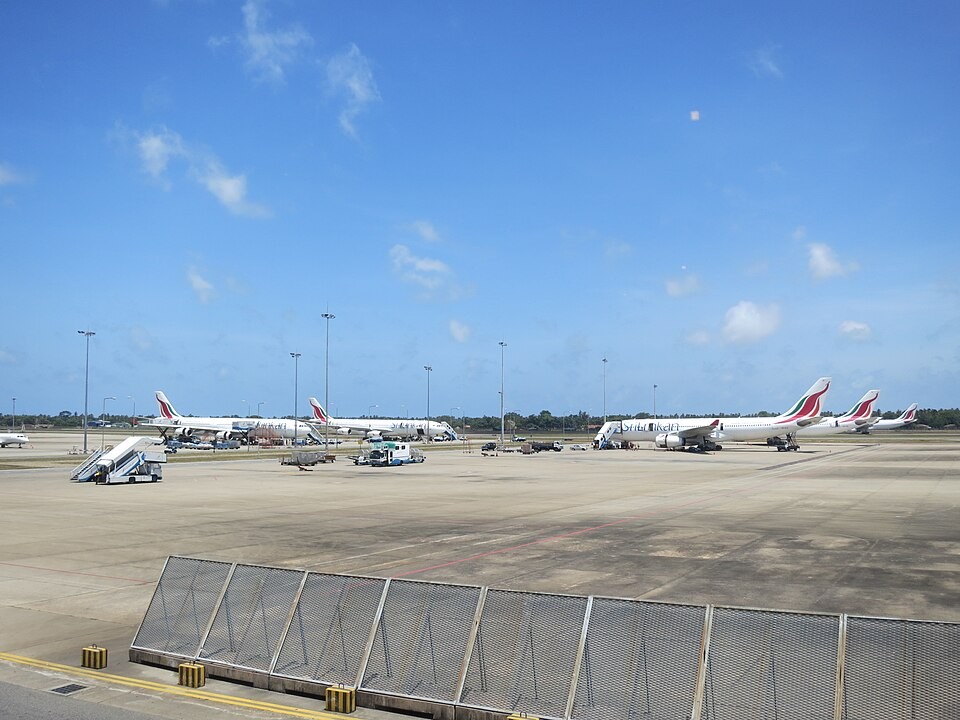
Sri Lanka, a picturesque island nation in South Asia, is on the cusp of a technological transformation. One of the most promising drivers of this change is Artificial Intelligence (AI technology in Sri Lanka), a revolutionary technology that has the potential to positively impact various sectors in the country.
1. Healthcare and Medical Advancements
AI in Sri Lanka’s healthcare sector has the power to improve patient care and diagnosis. With the implementation of AI-driven medical imaging and diagnostics, hospitals and clinics can provide faster and more accurate assessments. Telemedicine powered by AI can help reach patients in remote areas, ensuring broader access to healthcare.
2. Agriculture and Sustainable Practices
Sri Lanka’s economy heavily relies on agriculture. AI can aid farmers by providing real-time data on weather conditions, soil quality, and crop health. This information can significantly enhance crop yields and lead to more sustainable farming practices.
3. Education and Skill Development
AI-powered educational tools can help bridge educational gaps and reach students in underserved areas. By personalizing learning experiences, AI can ensure students receive tailored instruction. AI can also play a crucial role in the development of digital literacy and coding skills, preparing the younger generation for future job markets.
4. Environmental Conservation
Sri Lanka’s rich biodiversity and stunning landscapes are critical to the nation’s identity. AI can help in monitoring and conserving these natural resources. It can be used to track deforestation, protect endangered species, and predict natural disasters.
5. E-Governance and Efficiency
Streamlining government processes through AI can reduce bureaucracy and corruption. Citizens can benefit from faster and more efficient services. Chatbots and AI-driven customer service can also improve the overall experience of interacting with government agencies.
6. Tourism and Hospitality
Sri Lanka’s tourism industry can utilize AI to offer personalized travel recommendations and experiences. AI-driven language translation services can bridge communication gaps, making the country even more accessible to international tourists.
7. Financial Services and Inclusion
AI can expand access to financial services, particularly in rural areas. AI-driven credit scoring and blockchain technology can promote financial inclusion, allowing more Sri Lankans to participate in the formal economy.
8. Infrastructure and Smart Cities
AI can enhance urban planning and traffic management in Sri Lanka’s cities. Smart traffic systems and public transportation solutions can reduce congestion and improve the quality of life for urban dwellers.
Challenges and Considerations
While AI has immense potential in Sri Lanka, it also brings challenges. These include concerns about data privacy, job displacement, and ensuring that AI benefits all segments of the population, including those in remote and underprivileged areas.
In conclusion, AI is poised to transform Sri Lanka by enhancing various sectors of the economy and improving the quality of life for its citizens. Careful planning, investment in AI infrastructure, and a focus on ethical AI development are crucial for realizing the full potential of this technology in Sri Lanka. The nation’s embrace of AI promises a brighter, more innovative future.










